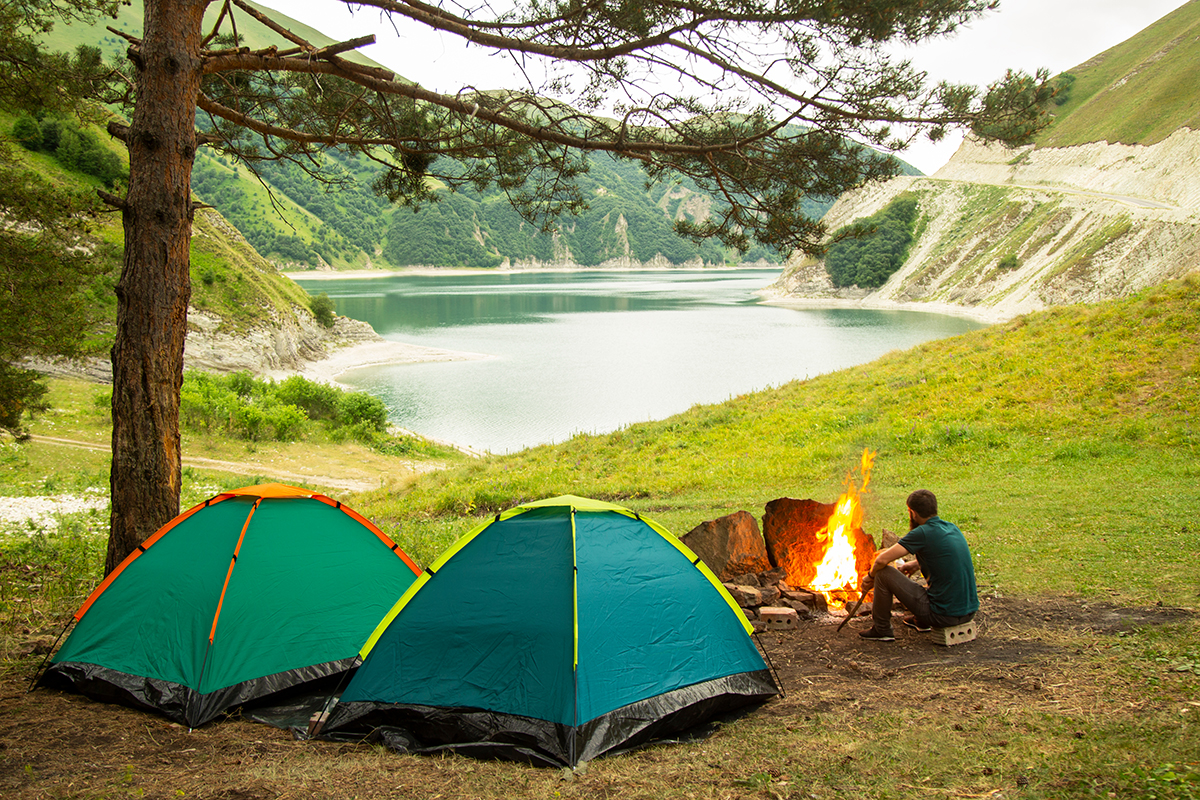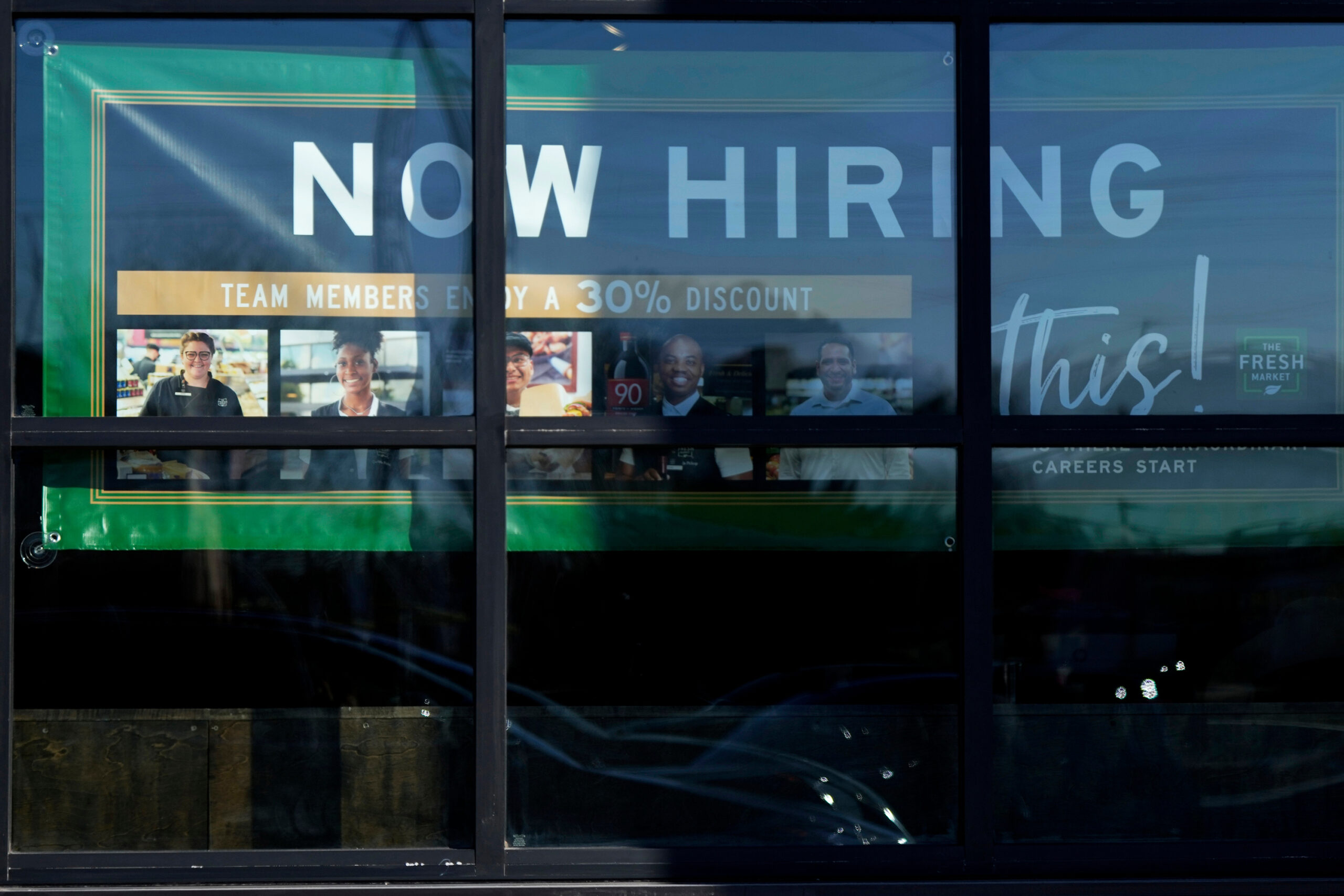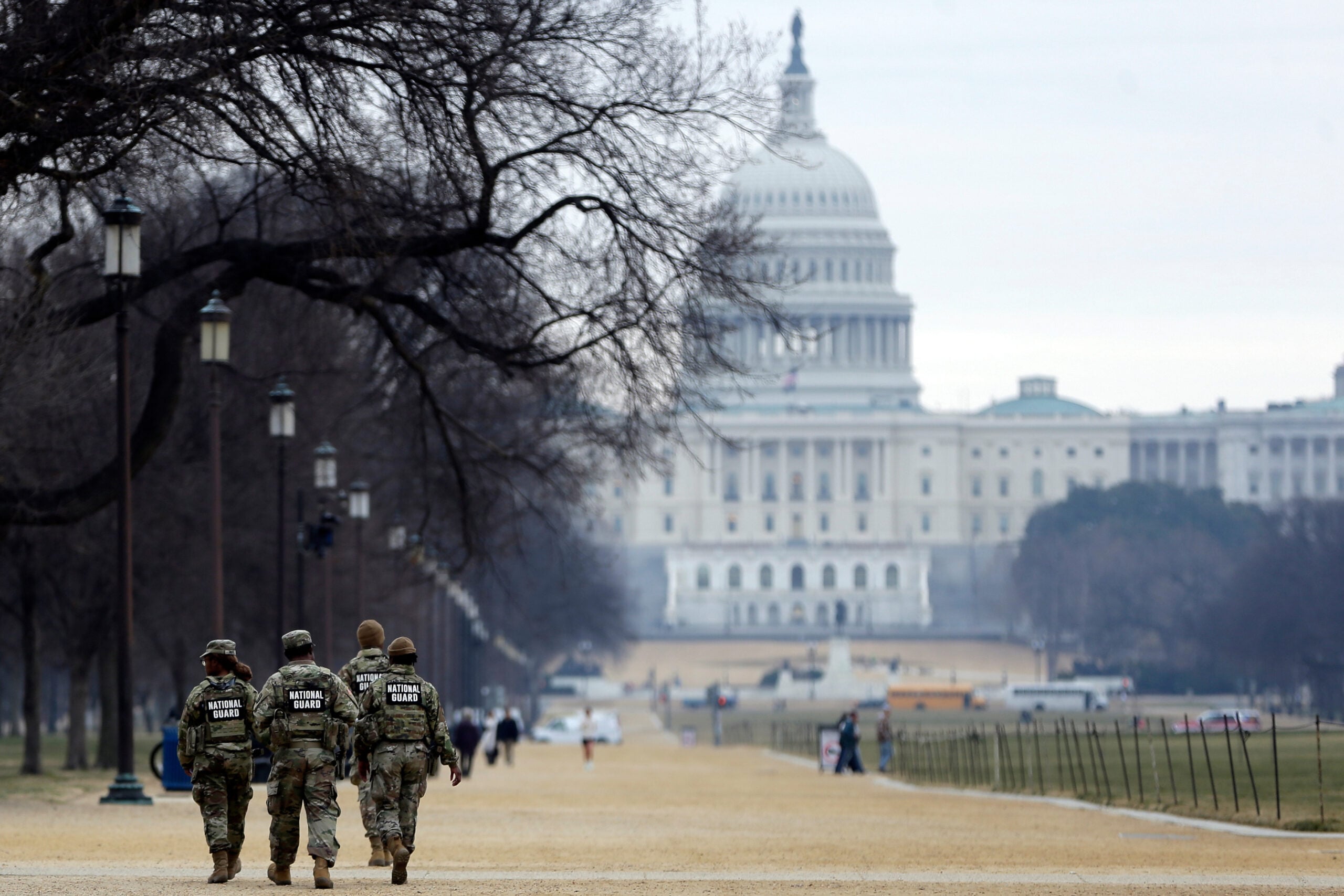
Growing up in the Maryland countryside, Sandy Colhoun was always drawn to the wilderness, more interested in exploring nearby valleys and forests than he was in pursuing organized sports that captivated many of his peers.
But it wasn’t until his teenage years that he would have the experience that really cemented his love of the great outdoors. That’s when he participated in one of the signature courses offered by NOLS, the National Outdoor Leadership School.
Colhoun completed the “Wind River Wilderness” mountaineering course in Wyoming, a 30-day backpacking trek that pushed him to his limits. “To be completely candid, it was really hard for me,” he says. He’d never had to navigate a nature course in such a way; he lost a lot of weight and had to push himself to get through. “But I learned all of these foundational skills—how to live and travel in remote, austere environments and to take others to do that.”
“It informed the rest of my life,” adds Colhoun, now in his 50s. That challenging early experience recently came full circle when he became the president of NOLS.
What is NOLS?
Founded in 1965 by mountaineer Paul Petzoldt, NOLS is a nonprofit outdoor education school that teaches leadership and technical outdoor skills at nine U.S. and four international campuses, with courses including topics like wilderness medicine, executive leadership and more. All NOLS courses, from “Alaska Backpacking” to “Yellowstone Wilderness,” are designed around learning by experience, with a goal of returning students to their day-to-day lives with a new arsenal of leadership tools and an increased self-awareness about their own leadership style.
“They can take that back with them and apply it universally to the businesses that they run, the schools that they attend and the communities where they live,” Colhoun explains.
It’s been a long and winding road—not unlike the Rocky Mountain trails and canoeing routes that are foundational to so many of NOLS’s courses—that brought Colhoun back to the outdoor school at this point in his career. As a journalist, his work took him to some of the more far-flung reaches of the globe, including Antarctica, where he spent about a year as the editor of The Antarctic Sun, a newsletter produced by the United States Antarctic Program. Next came a long stint in advancement fundraising for higher education institutions, which he says taught him how to be “an institutionalist,” as well as how large organizations operate and are managed.
This latest chapter finds him back at NOLS, where he joined as a trustee about three years ago before becoming the nonprofit’s interim president and then its permanent president.
The role lets Colhoun use the skills he honed across his decades in journalism and higher ed. “The writing is a giant part of my job; fundraising is a really important part of my job; my love of the outdoors and wilderness across my entire career is a part of my job,” Colhoun explains, adding that NOLS’s leadership-focused mission also aligns with his interests.
Learning to be a leader with NOLS
NOLS provides field-based leadership skills to students at the United States Naval Academy and has trained NASA astronauts since the late ’90s, but its applications work for leaders of all kinds, not just astronauts and midshipmen.
“When you arrive at the International Space Station, it’s so disorienting with all the different things that you need to be able to do,” Colhoun explains. “In the same way, for a lot of our students, when you go into the field with a backpack full of gear, it’s disorienting. You may have never set up a tent, cooked on a cook stove—gone to the bathroom outside!”
Anyone can benefit, including those who lead in their business, in their family, in their church, in politics. With a catalog of hundreds of expedition courses, including programs specifically designed for young people and others for emerging business leaders, the curriculum is designed not only to develop each individual’s skills as a leader, but also to give attendees an opportunity to see how others lead.
For example, is your tentmate the person who gets up early and boils water so everyone can have coffee or tea before setting off for the day? Are they the one who’s quick with a joke to lift the cohort’s spirits during a particularly grueling trek?
“All of these pieces happen on a NOLS expedition. It’s not like we’re going to a classroom; we’re living together,” Colhoun says. Everyone gets a chance to learn by leading; everyone also gets a chance to learn by following others.
Leading by example
As the president of NOLS, Colhoun has his own ideas about what makes for an effective leader, wisdom he’s gleaned over the course of his varied, decades-long career. For one, “I believe that leaders need to be responsive to their people,” he says. “We need to understand what motivates them and how to empower them, to give them the opportunity to really own their own ideas.” He’s a big believer in both transparency and open communication, “because I want to hear bad news way, way sooner than later. I also want to hear good news!” he explains. “And I want people to tell me if there’s a better way to do something. We don’t need to be stuck in our ways, and we need to be innovative.”
But perhaps his strongest belief is that leaders need to be open to taking risks—and even to fail. (“If you haven’t failed, you’re not leading,” he quips.) At its core, NOLS is all about risk management; they’re sending students into remote and rigorous environments where challenges are real and consequences can be serious.
There are wilderness instructors there to guide you, sure, but when it comes to managing hard and unexpected circumstances—a rainstorm, a snowstorm, getting lost—it’s the students who have to work through those problem sets. And that’s where the magic happens, where the leadership capabilities are honed.
“At the end of the day, I believe that in wild, untamed and natural places, we find our best self,” Colhoun says.
Photo by Khavazhi Akhmadov.




